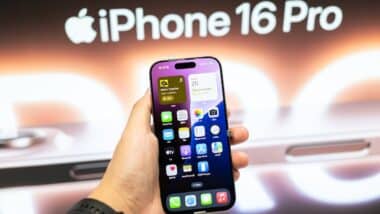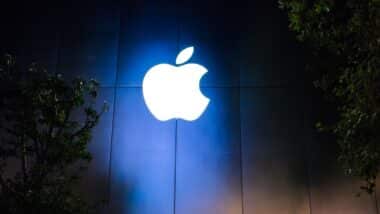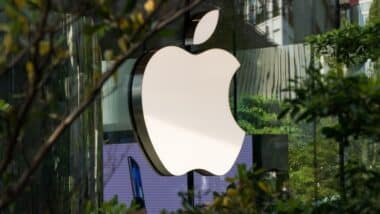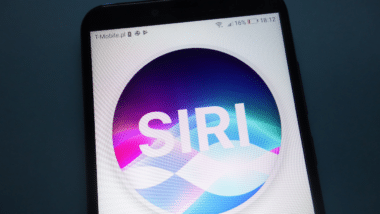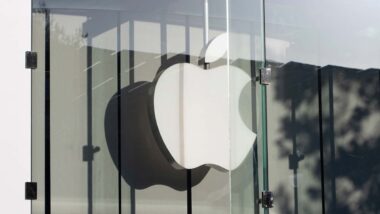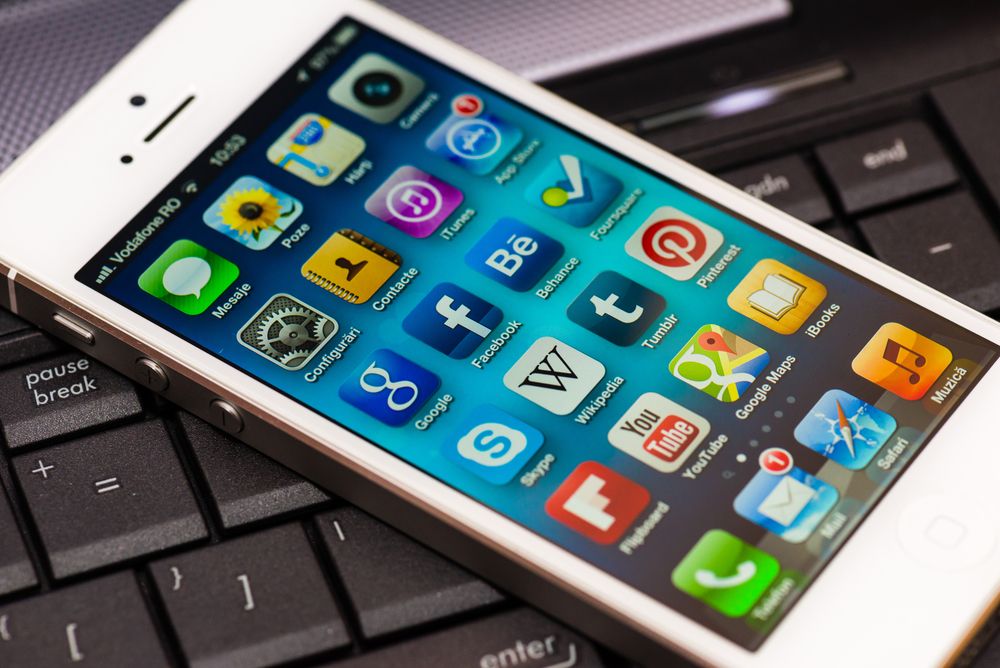 Apple Inc. and a California plaintiff have agreed to dismiss an iPhone class action lawsuit over an alleged wifi defect affecting iPhone 5 and 5s.
Apple Inc. and a California plaintiff have agreed to dismiss an iPhone class action lawsuit over an alleged wifi defect affecting iPhone 5 and 5s.
On August 10, attorneys from both sides of the case filed a stipulation to dismiss the case in its entirety with prejudice.
The stipulation mentions no particular reason for the agreed dismissal. Each party has agreed to bear its own attorneys’ fees and costs associated with the litigation.
Plaintiff Thomas Palmer filed the Apple iPhone class action lawsuit this past winter.
Palmer alleged that Apple programmed a defect into the software for iPhone models 5 and 5s that disables the phone’s wifi connection during certain data-intensive uses, forcing the phone to use a cellular network instead.
Palmer claimed the defect would kick in after the user streamed a large amount of data for 10 to 20 minutes. At that point, the phone’s GPU would take over video processing tasks from the CPU to conserve battery life, he said.
That switchover also caused the phone to switch from wifi to LTE, Palmer claimed, consuming large amounts of LTE data. The resulting increased data usage caused users to incur substantial data charges, he claimed.
The defect was allegedly present in all versions of operating systems iOS 6 and iOS 7. Palmer claimed that when Apple became aware of the defect, it promptly pushed out a software fix – but only for Verizon customers.
Palmer alleged that AT&T subscribers like himself had to wait more than two years to get the fix.
According to Palmer’s Apple iPhone class action lawsuit, Apple’s actions violated California’s Unfair Competition Law, False Advertising Law, and Consumer Legal Remedies Act.
In April 2016, U.S. District Judge Ronald Whyte dismissed the Apple iPhone class action lawsuit. The judge found that Palmer had failed to allege facts specific enough to state claims based on misrepresentation.
He commented that Palmer’s pleadings didn’t make it clear how any representation by Apple induced him to purchase his iPhone 5 in May 2013 or his iPhone 5S in June 2014.
The judge also found that Palmer had failed to establish standing to seek injunctive relief.
Judge Whyte allowed Palmer an opportunity to correct the defects by amending his pleadings and resubmitting them within a few weeks. Apple responded to the amended complaint in July, arguing that it still presented the same defects.
The company also argued that Palmer still had no standing to claim injunctive relief.
Although Apple may still not have fixed the defect for some proposed Class Members, Palmer had admitted that the company had remedied the defects as far as his own phones were concerned.
Apple also pointed out that Palmer failed to allege he was at any risk for being similarly harmed in the future.
Palmer has been represented by attorneys Christopher R. Pitoun, Jeff D. Friedman and Steve W. Berman of Hagens Berman Sobol Shapiro and by Andrew Levetown of Levetown & Jenkins LLP.
The Apple iPhone Data Overage Class Action Lawsuit is Thomas Palmer v. Apple Inc., Case No. 5:15-cv-05808-RMW, in the U.S. District Court for the Northern District of California, San Jose Division.
ATTORNEY ADVERTISING
Top Class Actions is a Proud Member of the American Bar Association
LEGAL INFORMATION IS NOT LEGAL ADVICE
Top Class Actions Legal Statement
©2008 – 2026 Top Class Actions® LLC
Various Trademarks held by their respective owners
This website is not intended for viewing or usage by European Union citizens.






